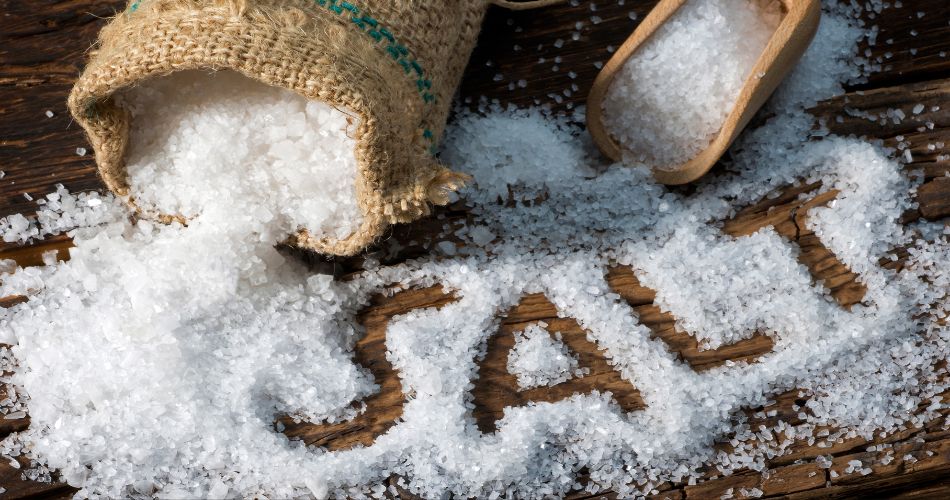Briefly
Salt, a humble yet essential mineral, is a potent symbol in human history. It represents purity, preservation, and stability, due to its capacity to enhance flavor and prevent food spoilage. In a broader sense, it symbolizes wisdom, knowledge and spiritual enlightenment, as the "salt of the earth" phrase illustrates. It’s also a sign of wealth and prosperity, rooted in its former importance as a highly sought after commodity.
- Symbolism: Purity, Preservation, Stability, Wisdom, Knowledge, Spiritual Enlightenment, Wealth, Prosperity
Salt in Dreams
Psychologically, dreaming about salt signifies you’re in a phase of life where you’re seeking more depth, flavor, or zest. It may indicate a desire for self-preservation or the need to be grounded. Dreams of consuming salt can reflect a craving for new experiences or a thirst for knowledge. Conversely, throwing away salt in a dream may embody a fear of loss or missed opportunities.
- Symbolism: Depth, Flavor, Self-preservation, Groundedness, Craving for New Experiences, Thirst for Knowledge, Fear of Loss, Missed Opportunities
See also our Free Dream Interpretation Tool
Salt in Myths and Folklore
Salt takes center stage in various myths and folklore, often embodying protection, purity and magical properties. For instance, in Japanese mythology, salt is used to purify spaces and fend off evil spirits. In European folklore, spilling salt is seen as a bad omen, and tossing a pinch over one’s shoulder is supposed to ward off ill fortune. Meanwhile, in Hindu traditions, salt is associated with blessings and good luck, often used in rituals and ceremonies.
Roman myth tells the tale of a salt merchant who loses his precious cargo in a river. This story has been interpreted as a metaphor for the fleeting nature of material possessions and the eternal value of moral virtues.
- Symbolism: Protection, Purity, Magic, Purification, Bad Omen, Warding off Evil, Blessings, Good Luck, Fleeting Material Possessions, Eternal Value of Virtue
Salt Spiritual Meanings
Spiritually, salt has been used in many religious ceremonies and rituals to symbolize purity, sacrifice, and covenant. It’s seen as a purifying agent, capable of driving away negative energy and promoting spiritual growth. Furthermore, it represents the eternal nature of God’s promises, as in the biblical phrase "covenant of salt". It also signifies wisdom and learning, as one is often encouraged to "season their speech with salt".
- Symbolism: Purity, Sacrifice, Covenant, Purification, Negative Energy Banishment, Spiritual Growth, Eternality of Divine Promises, Wisdom, Learning
Salt Tattoo Meaning
Getting a salt tattoo is a deeply personal choice, but common meanings include preservation, strength and spiritual wisdom. For some, it symbolizes resilience and the ability to withstand hardships — much like salt preserves food and withstands the test of time. Others view it as a symbol of purity, cleansing, and spiritual growth. Additionally, it can represent the balance and stability in life, mirroring how salt brings out the best flavors in food.
- Symbolism: Preservation, Strength, Spiritual Wisdom, Resilience, Ability to Withstand Hardships, Purity, Cleansing, Spiritual Growth, Balance, Stability.

Reviewed by Alexander Lys, M.L., a specialist in the field of symbolism research and dream psychology. A certified participant in numerous psychological seminars and courses, the author of hundreds of articles on psychology, including studies on symbolism in dreams and myths from a scientific perspective.



